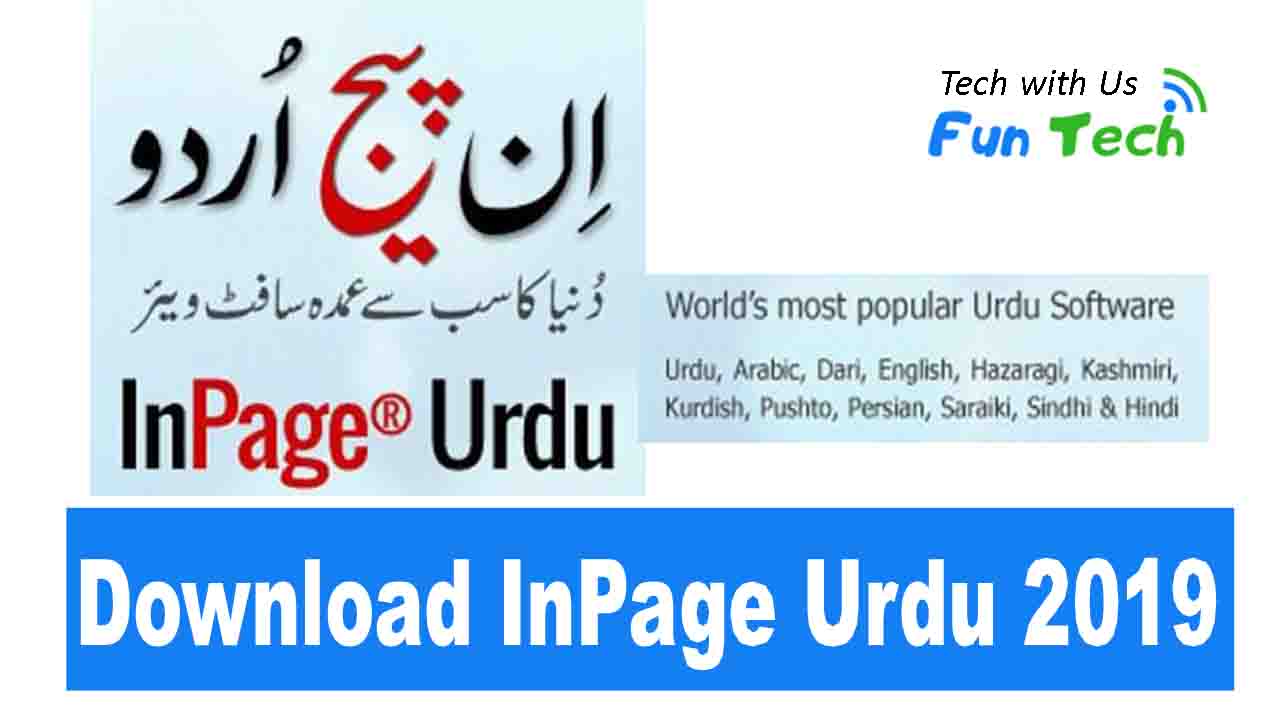


In this case, the universal character set defines the one-to-one correspondence of characters to codes, and the encoding family determines the machine representation of a sequence of codes. The standard is divided into two main sections: the universal character set and the encoding family. It is incredibly useful: users will be able to work with your site all over the world and it will show what you want - it can be French with accents or Kanji.

Unicode is the ability to correctly display letters and punctuation marks from different languages on one page. The use of this standard makes it possible to encode a very large number of characters from different scripts: in Unicode documents, Chinese characters, mathematical characters, letters of the Greek alphabet, Latin and Cyrillic alphabet can coexist, thus switching code pages becomes unnecessary. The standard was proposed in 1991 by the not-for-profit organization, the Unicode Consortium. Don't forget to bookmark this page.Unicode (English Unicode) is a character encoding standard that allows characters to be represented in almost all written languages.

For other resources check our Learn Languages page. The following are some of the languages and scripts supported: Arabic, Chinese characters, Japanese Hiragana, Katakana, Kanji, Hanyu Pinyin Cyrillic, Armenian, Bengali, Bopomofo, Devanagari, Georgian, Greek, Coptic, Gujarati, Gurmukhi, Hangul, Hebrew, Hiragana, Kannada, Katakana, Lao, Latin, Malayalam, Oriya, Tamil, Telugu, Thai, Hangul, Cherokee, Ethiopic, Khmer, Mongolian, Myanmar, Ogham, Runic, Sinhala, Syriac, Thaana, Unified Canadian Aboriginal Syllabics, Yi Syllables, Buhid, Hanunó'o, Tagalog, Tagbanwa, Cypriot syllabary, Limbu, Linear B, Osmanya, Shavian, Tai Le, Ugaritic added, Hexagram symbols, Buginese, Glagolitic, Kharoshthi, New Tai Lue, Old Persian, Syloti Nagri, Tifinagh added, Coptic, Ancient Greek numbers, Balinese, Cuneiform, N'Ko, Phags-pa, Phoenician added, Carian, Cham, Kayah Li, Lepcha, Lycian, Lydian, Ol Chiki, Rejang, Saurashtra, Sundanese, Vai added, symbols for the Phaistos Disc, Mahjong tiles, Domino tiles, Avestan, Bamum, Egyptian hieroglyphs, Imperial Aramaic, Inscriptional Pahlavi, Inscriptional Parthian, Javanese, Kaithi, Lisu, Meetei Mayek, Old South Arabian, Old Turkic, Samaritan, Tai Tham, Tai Viet, Vedic Sanskrit. Example سليم becomes س ل ي م īenefits of Unicode: Text in any language can be exchanged worldwide, which eliminates data corruption and other problems due to incompatible code pages or missing conversion tables.


 0 kommentar(er)
0 kommentar(er)
